This marks the start of a new weekly feature in which Omar Al Ubaydli answers questions on economics.
Is Aramco’s IPO a good idea?
In early 2016, Prince Mohammed bin Salman, the deputy crown prince of Saudi Arabia, declared that the Saudi government was considering an initial public offering (IPO) for a minority of Aramco’s shares.
An IPO is the first step in the process of a company transforming from private to public form. This language is very confusing in the case of Aramco because “public” has two meanings: it can mean that the company’s shares can be traded freely on a securities exchange, which is the intended meaning in the case of an IPO, or it can mean that a company is owned by the government, which is true of Aramco, but not the intended usage of the word in the context of the IPO. It’s confusing: the completely public (government-owned) Aramco is seeking to revert to partially public status by going public (IPO)!
As well as allowing their shares to be traded freely on a securities exchange, public companies are required to present transparent accounts to the general public to assist prospective investors.
Companies, whether state- or privately owned, consider IPOs for two primary reasons.
First, to raise money, usually for expansion. Listing shares publicly broadens the base of prospective owners. For example, when Apple (a public company) issues shares, it can attract the money of virtually the entire planet’s inhabitants. In contrast, when Uber (a private company) issues shares, they are offered only to a narrow range of professional investors, meaning that the aggregate purchasing power of the potential owners is much lower.
Second, as a way of improving governance. By opening their books, companies going public are allowing themselves to be scrutinised by millions of pairs of eyes, rather than merely those of a dozen shareholders. Moreover, by tying compensation to share prices, shareholders can provide extra motivation to managers and employees.
Why don’t all firms seek IPOs, then? In addition to the legal and administrative costs, the information requirements can worry management, especially if it believes that strategically valuable information would be disclosed. Further, permitting a new range of investors may create conflicts between the goals of management, old investors and new ones.
In the case of Aramco, the government is not looking to fund the company’s operations. Instead, it wants to use the money raised to fund important components of the kingdom’s Vision 2030. Restructuring the economy requires huge upfront investments in areas such as education and research. Further, some Saudi policymakers feel that Aramco suffers from managerial inefficiencies that are best addressed by making management accountable to owners from all over the globe.
Is this a good idea? The most important information – on Aramco’s operations – is secret. But there are a couple of points to bear in mind.
First, expressions of annoyance by Aramco insiders, probably leaked to the press anonymously, are not necessarily red flags. In the event that Aramco is suffering from suboptimal governance, internal opposition should be taken as positive, as it is a sign of entrenched, inside interests feeling threatened by the new arrangement.
Second, the true test relates to how the money will be spent. At present, regulatory and cultural barriers mean that the Saudi economy is operating far below its potential. Consequently, there are opportunities for making investments with exceptional rates of return; but there is a large downside risk, too.
This article was originally published by The National.
The views represented herein are the author's or speaker's own and do not necessarily reflect the views of AGSI, its staff, or its board of directors.

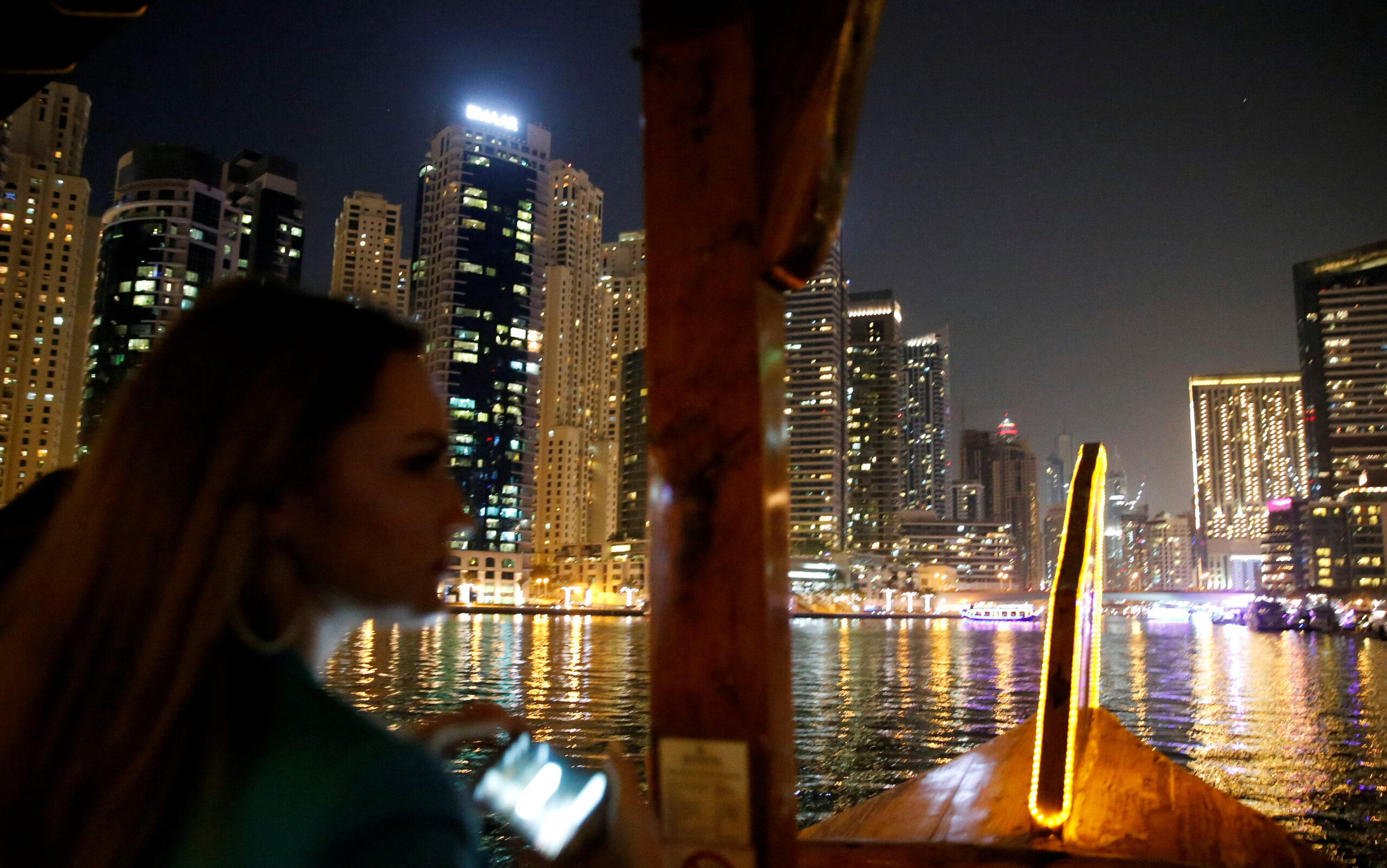
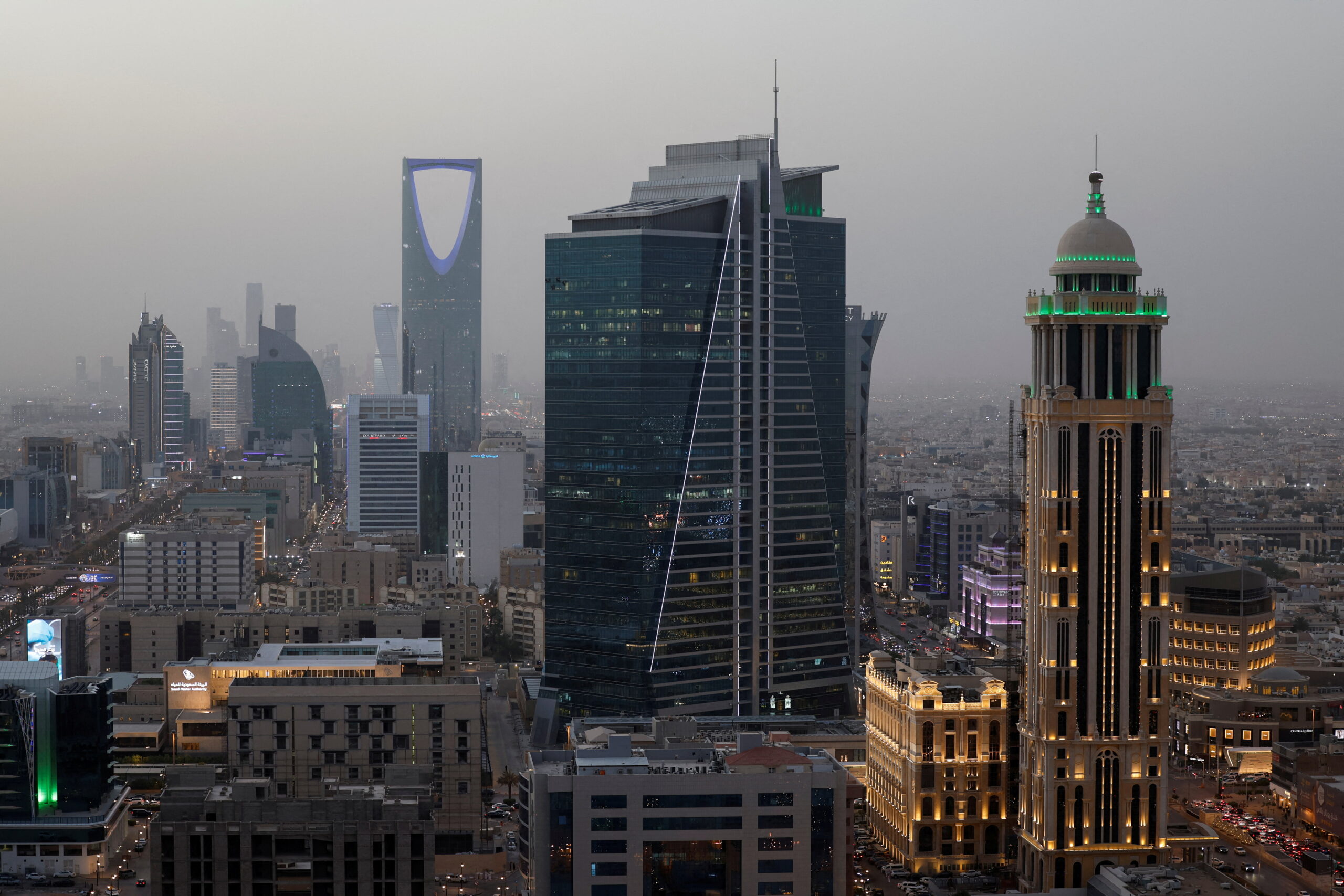

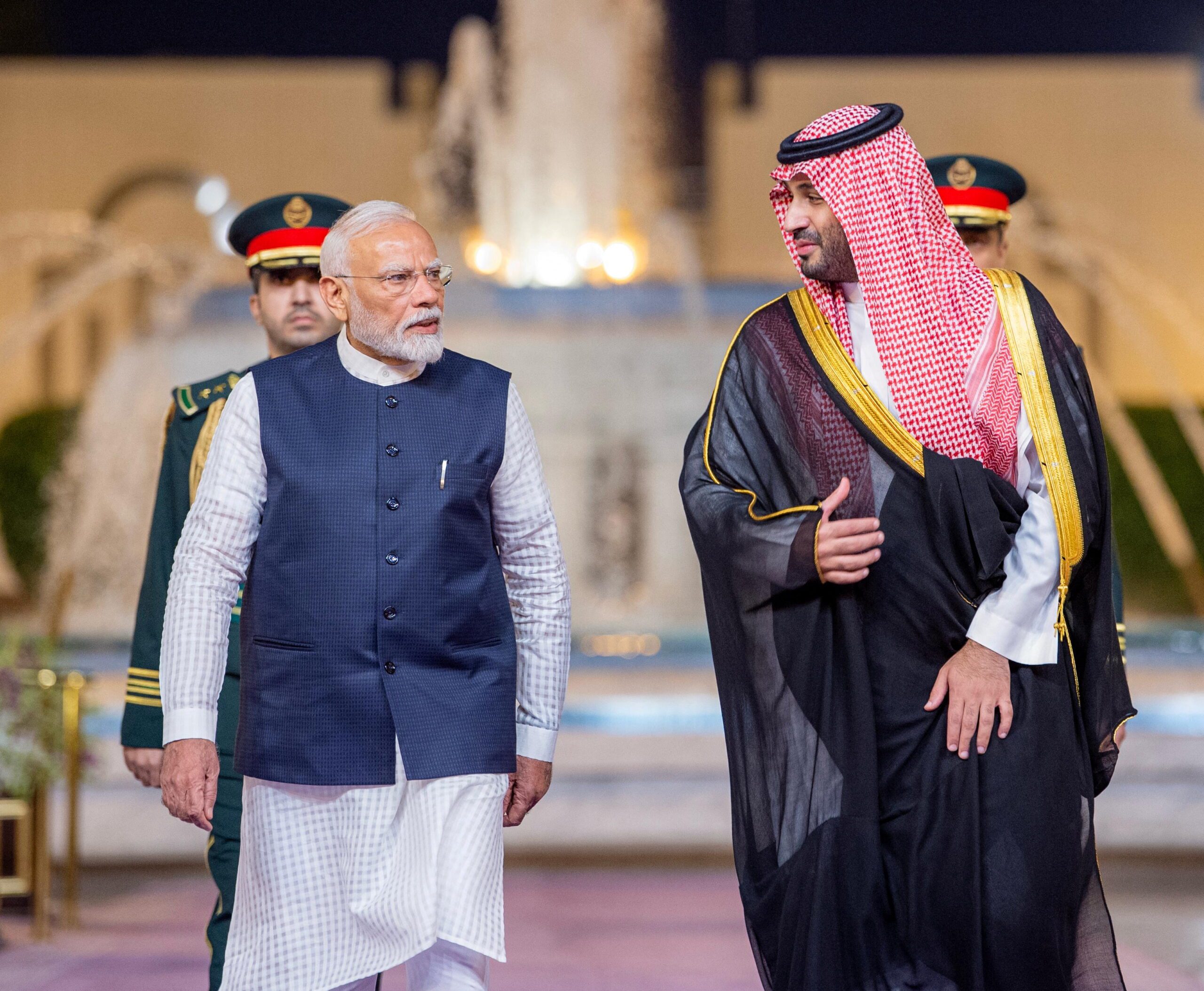
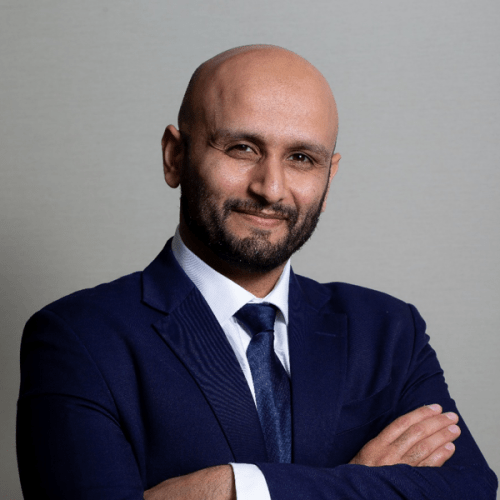
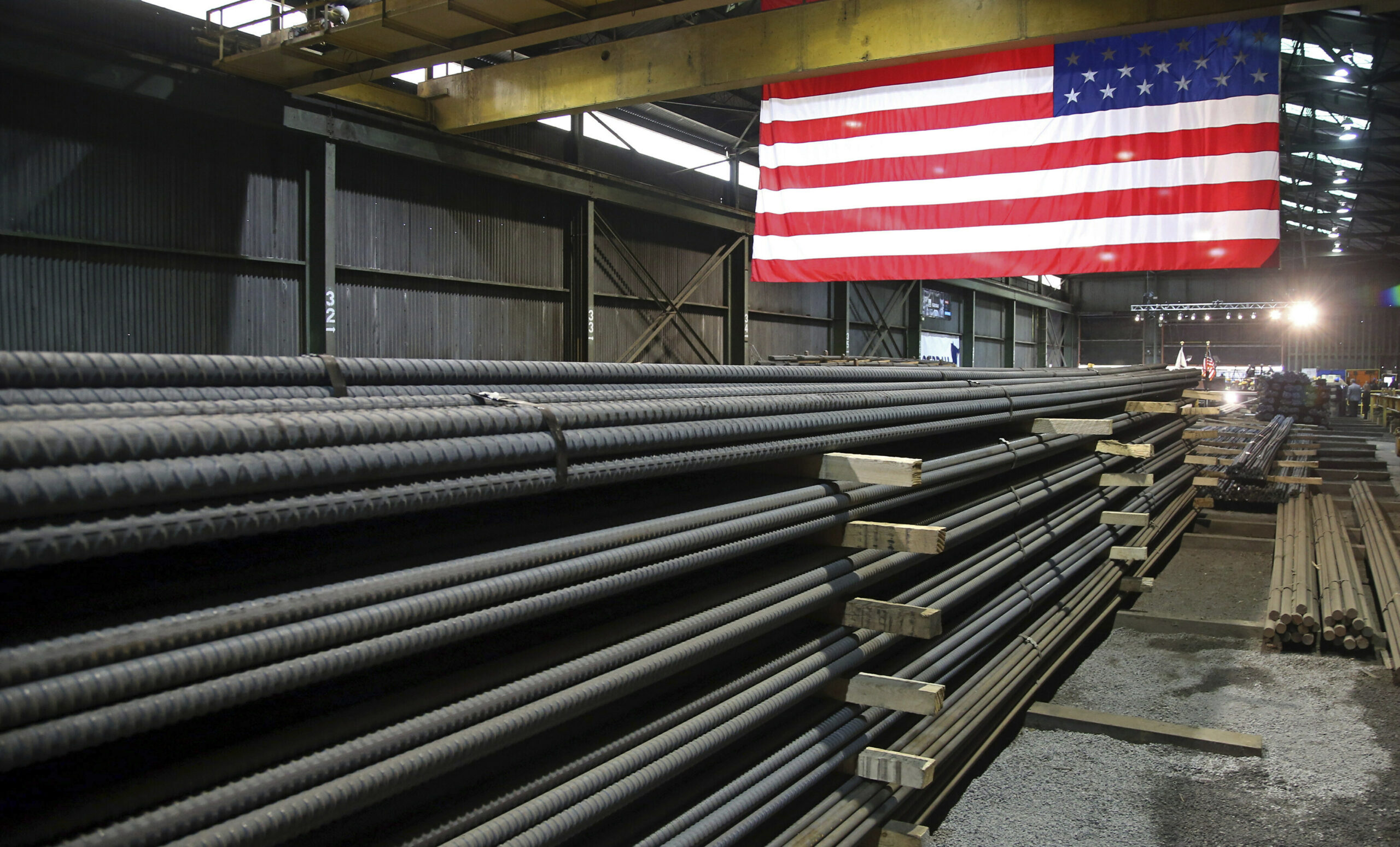
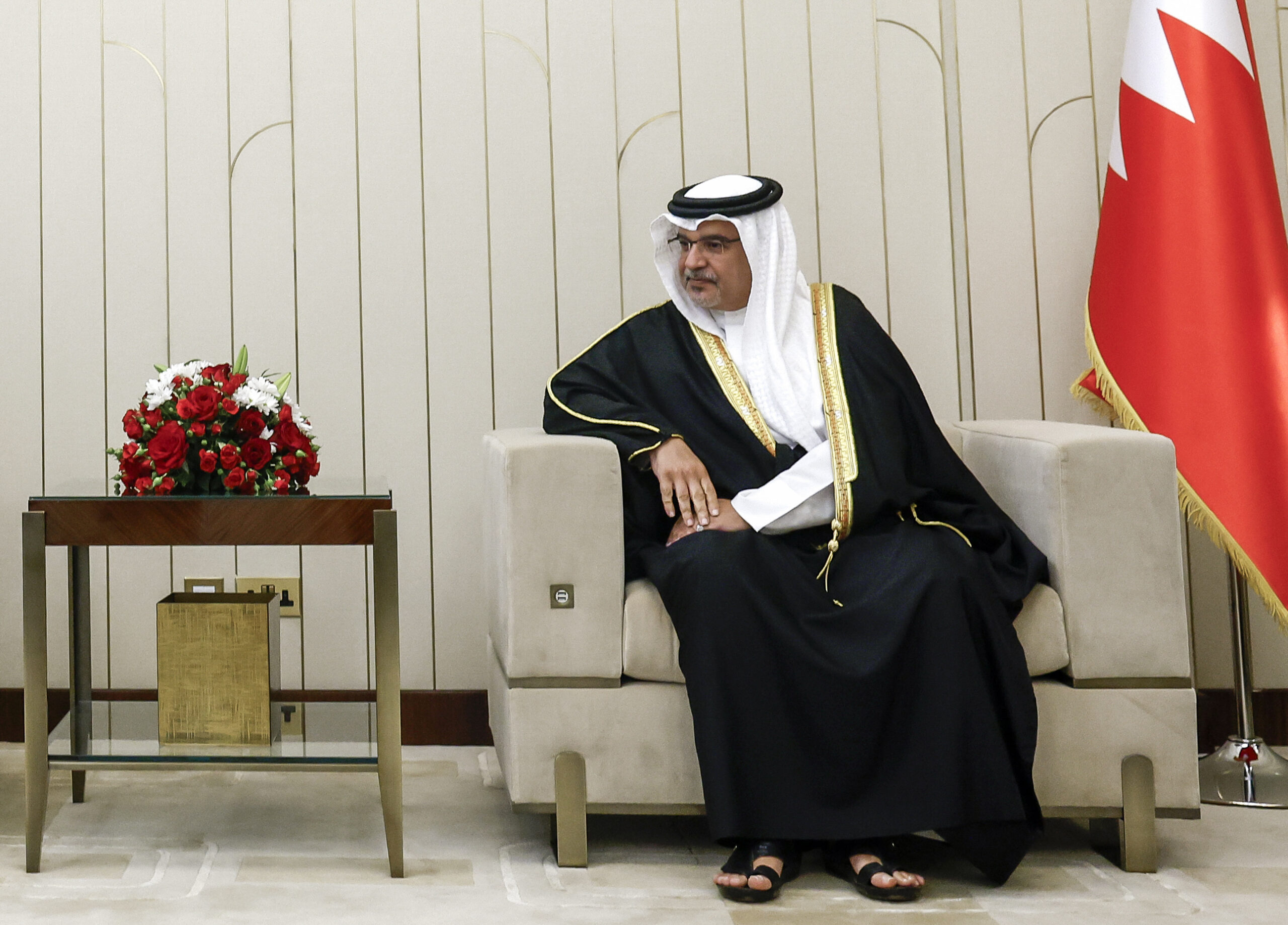
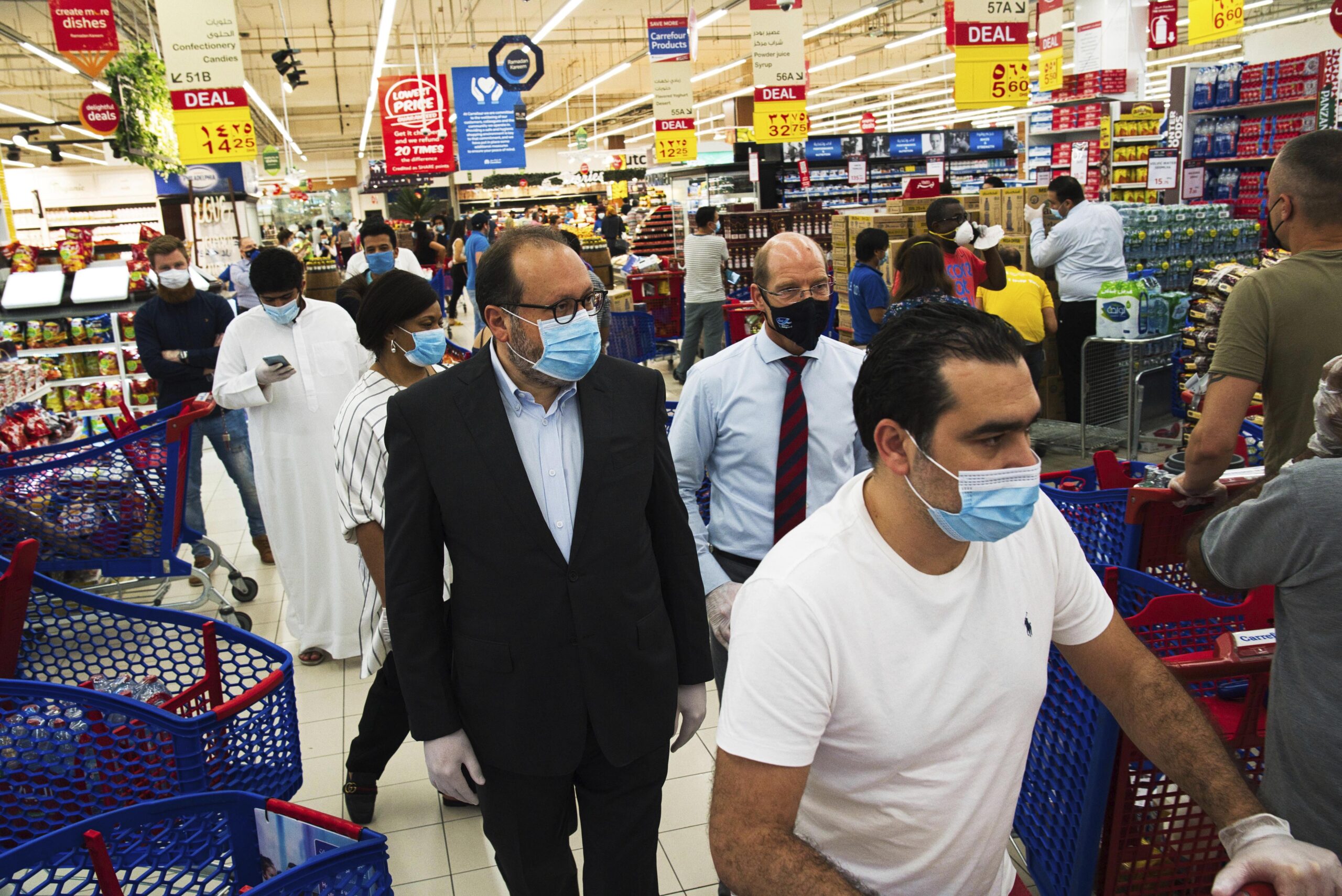
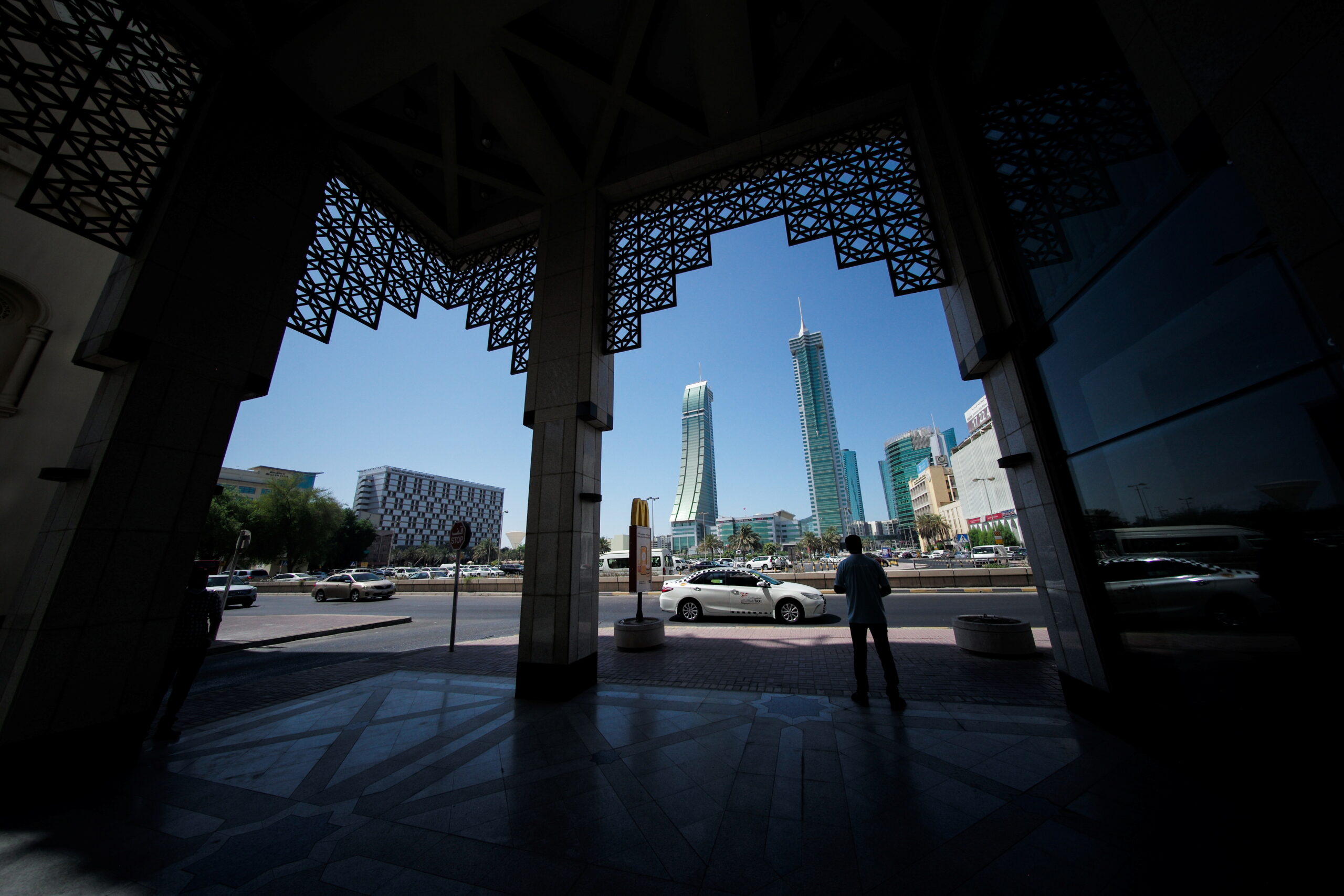
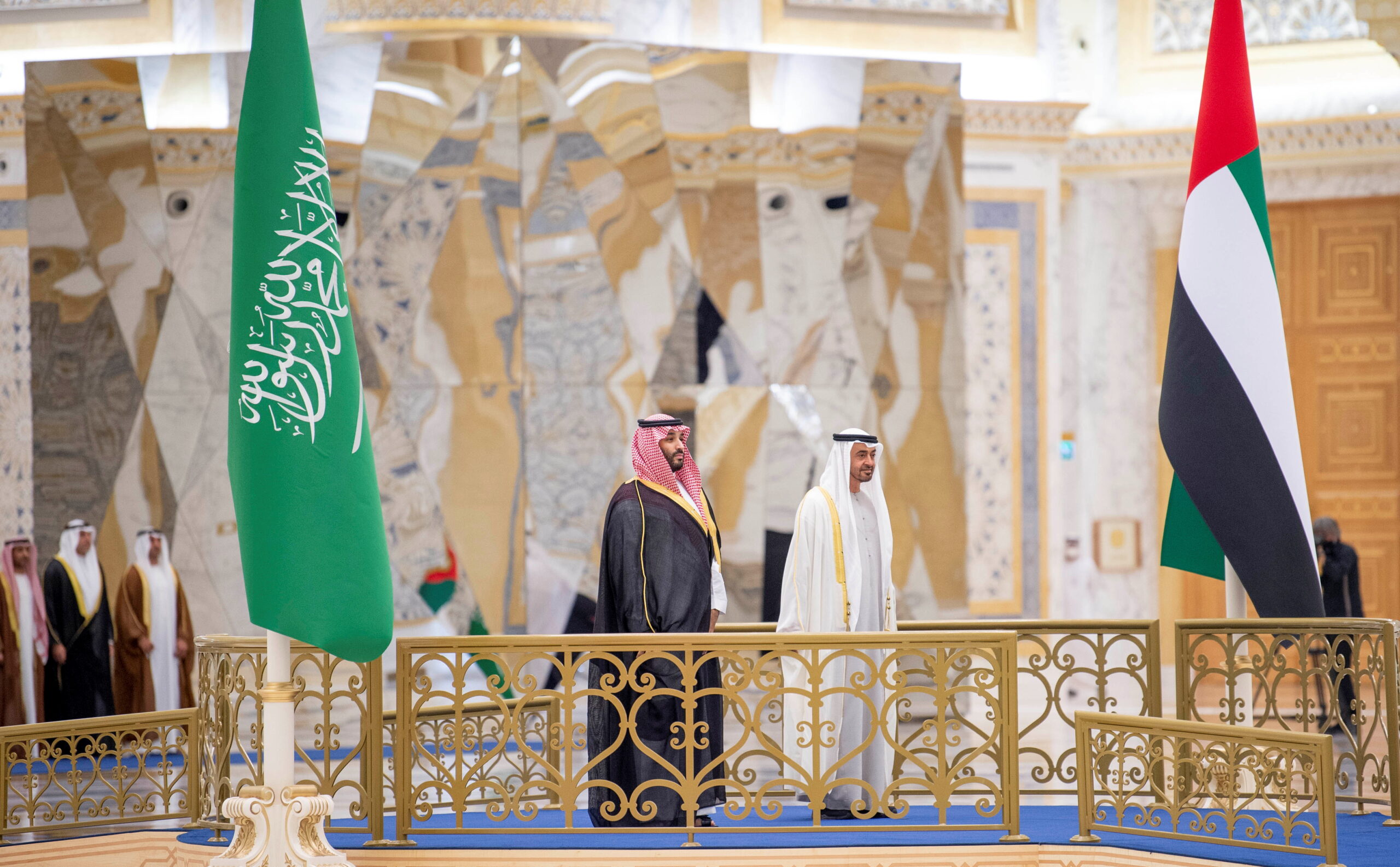


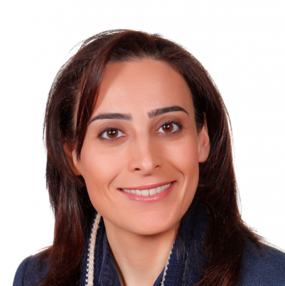
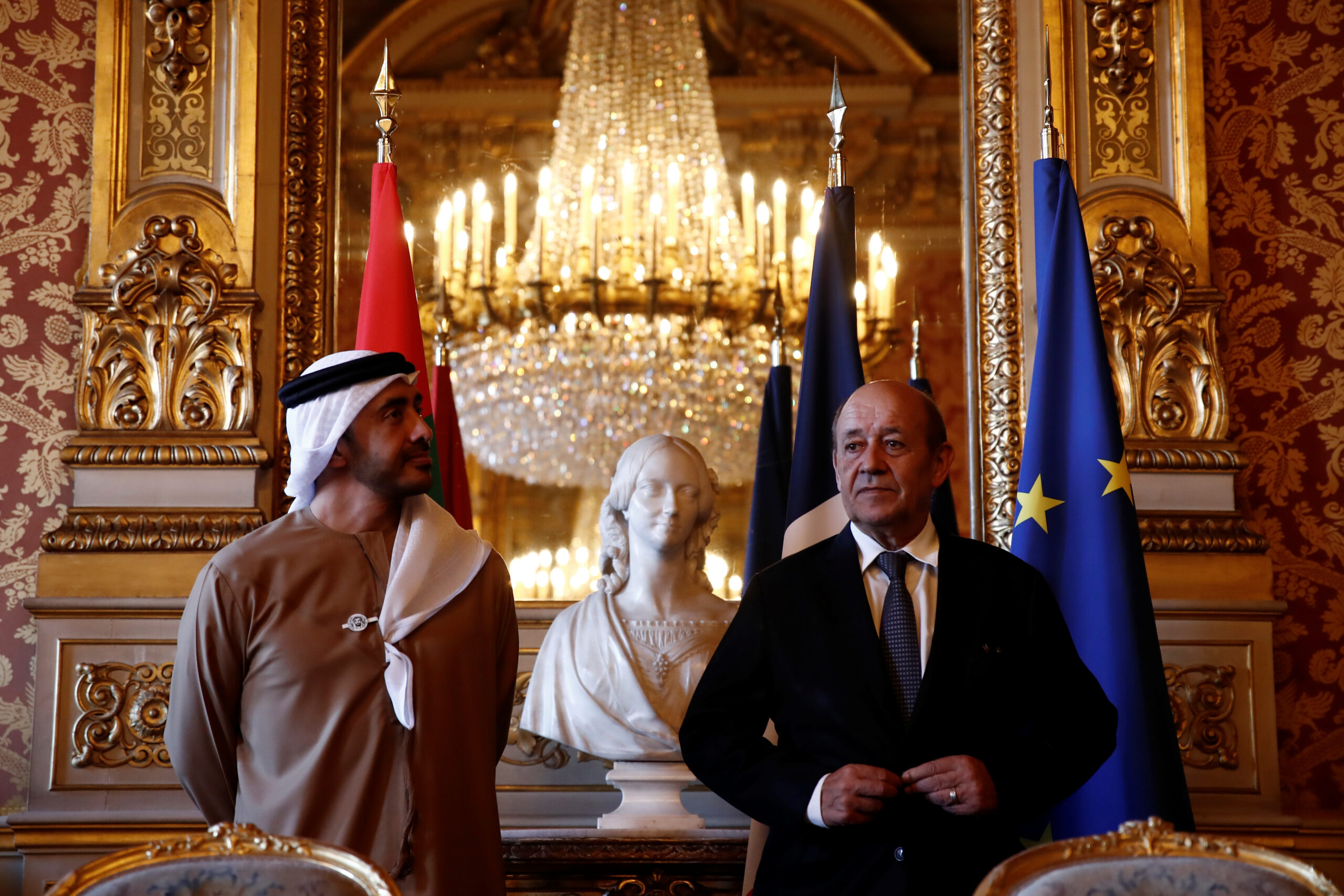

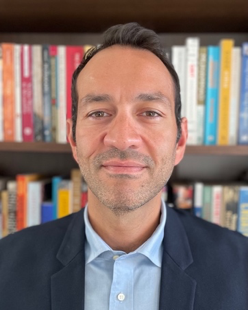
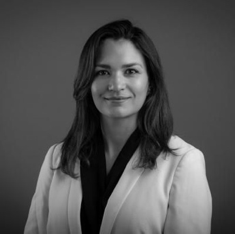
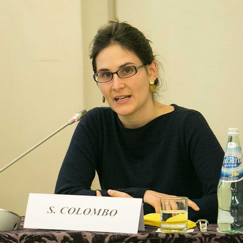
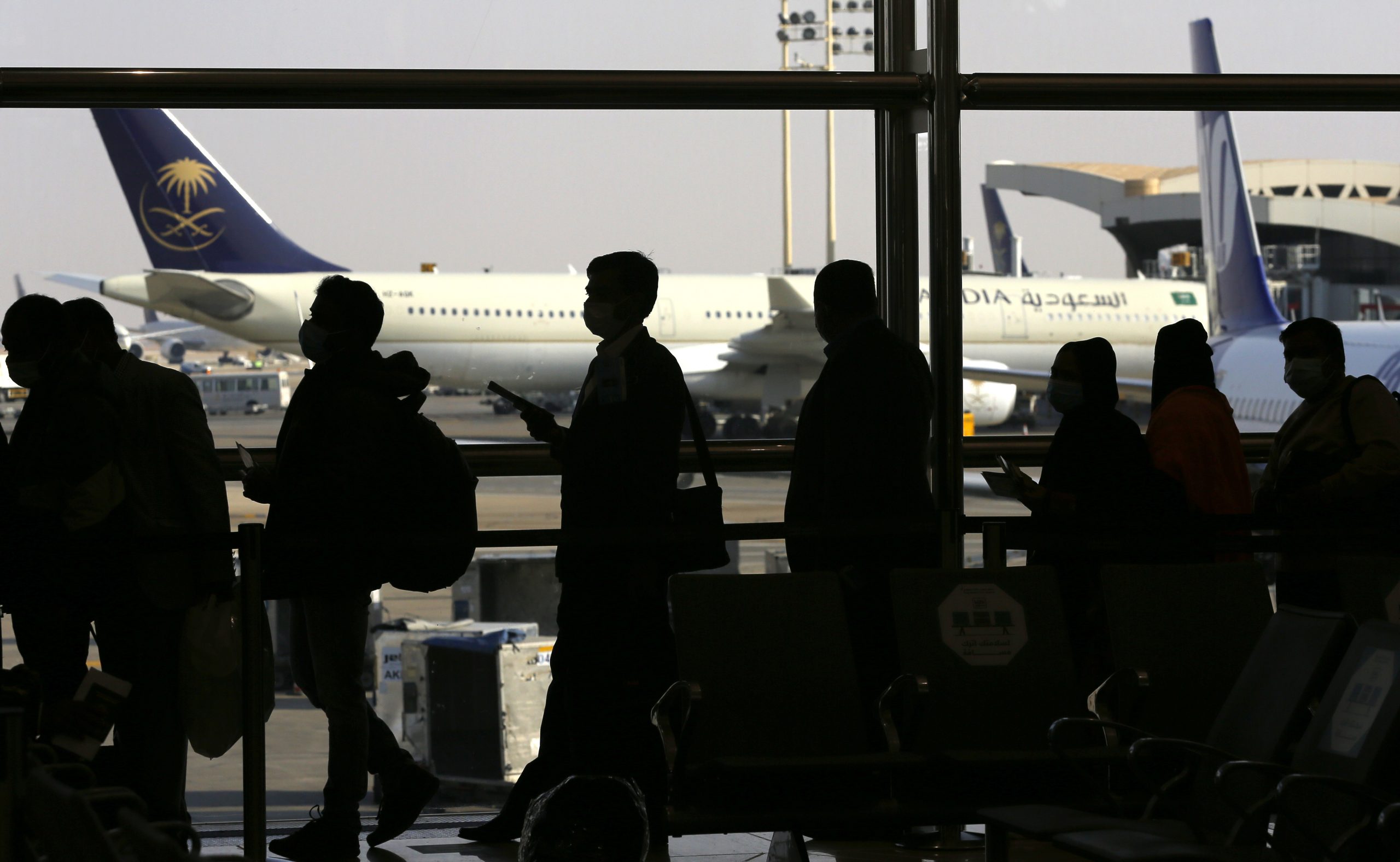
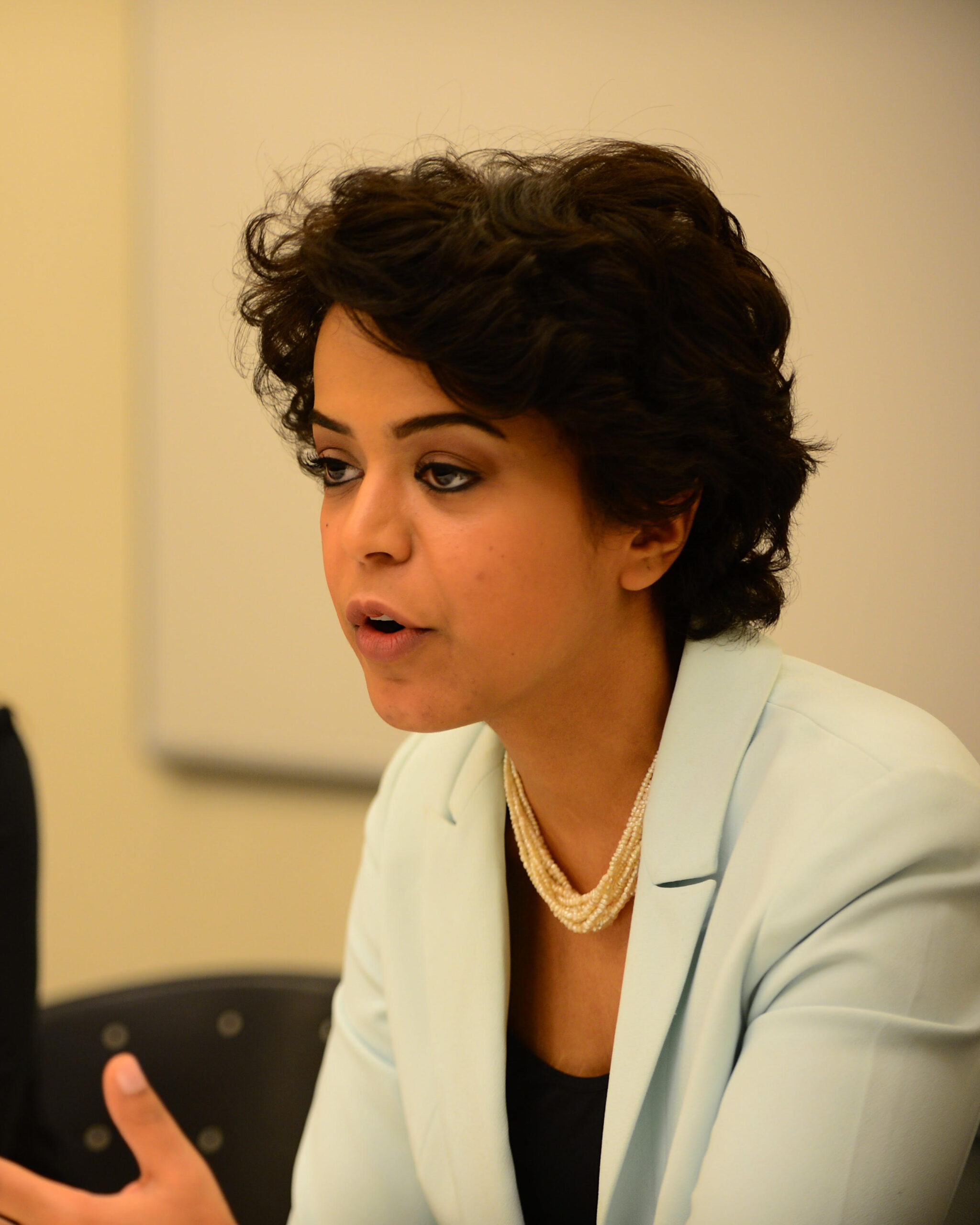
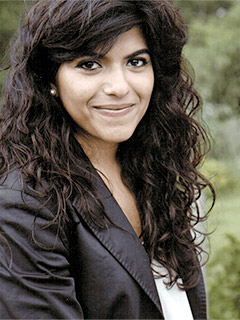
Oct 4, 2016
Aramco IPO Could Improve its Governance and Management
This marks the start of a new weekly feature in which Omar Al Ubaydli answers questions on economics. Is Aramco’s IPO a good idea? In early 2016, Prince Mohammed bin Salman, the deputy crown prince of Saudi Arabia, declared that the Saudi government was considering an initial public offering (IPO) for a minority of Aramco’s...
3 min read